How to Create WhatsApp: A Complete Guide for Beginners, Discover Its Various Superior Features
This article will discuss in depth how to create a WhatsApp account, from the installation process to optimizing its use.
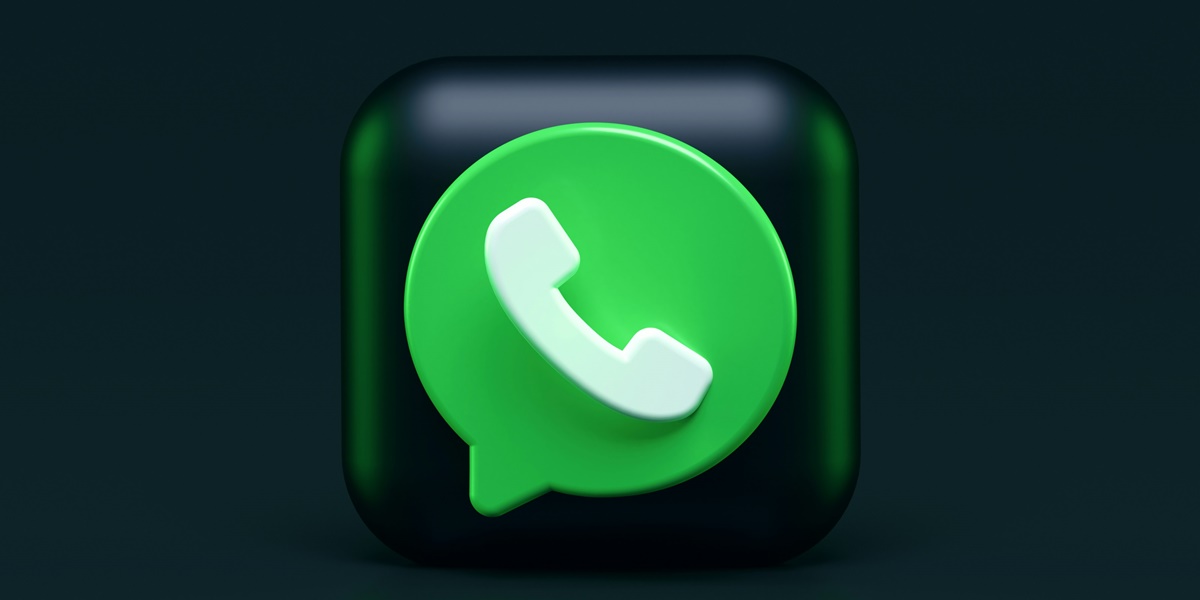
Kapanlagi.com - WhatsApp has become an instant messaging application that is inseparable from the daily lives of many people. However, sometimes users may face issues such as temporary account blocks.
This article will discuss in depth about how to overcome a temporary WhatsApp block, its causes, and preventive measures.
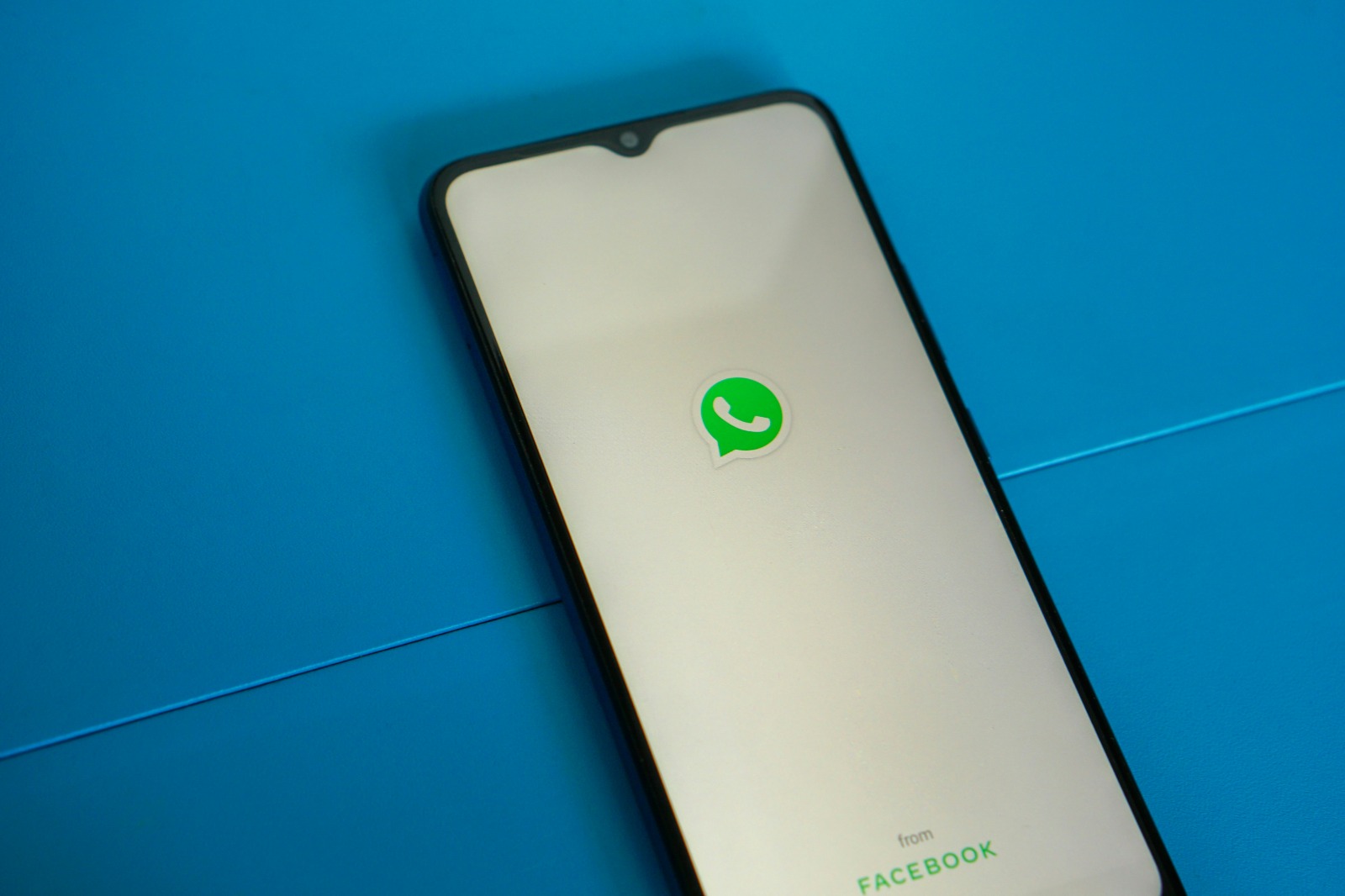
The initial display when the WhatsApp application is opened (credit: unsplash)
Temporary WhatsApp blocking is a condition where a user's access to WhatsApp services is restricted for a certain period of time. This usually occurs due to a violation of the terms of service or usage policies of the application. During the blocking period, users cannot access WhatsApp features such as sending messages, making calls, or using other services.
It is important to understand that temporary blocking is different from permanent blocking. In the case of temporary blocking, the user's account still has the opportunity to be restored after a certain period, usually between 24 to 48 hours. Meanwhile, permanent blocking results in the account being unusable, and the user must create a new account with a different phone number.
This temporary blocking is one of WhatsApp's efforts to maintain the security and comfort of its users. With this system, WhatsApp aims to prevent the misuse of the platform and protect users from potentially harmful or disruptive activities.
Recognizing the signs that your WhatsApp account is temporarily blocked is very important. Here are some key features that indicate your WhatsApp account is in a temporarily blocked state:
It is important to remember that some of these signs can also be caused by internet connection issues or privacy settings. However, if you experience all or most of these signs along with the appearance of a warning message, it is likely that your account is temporarily blocked.
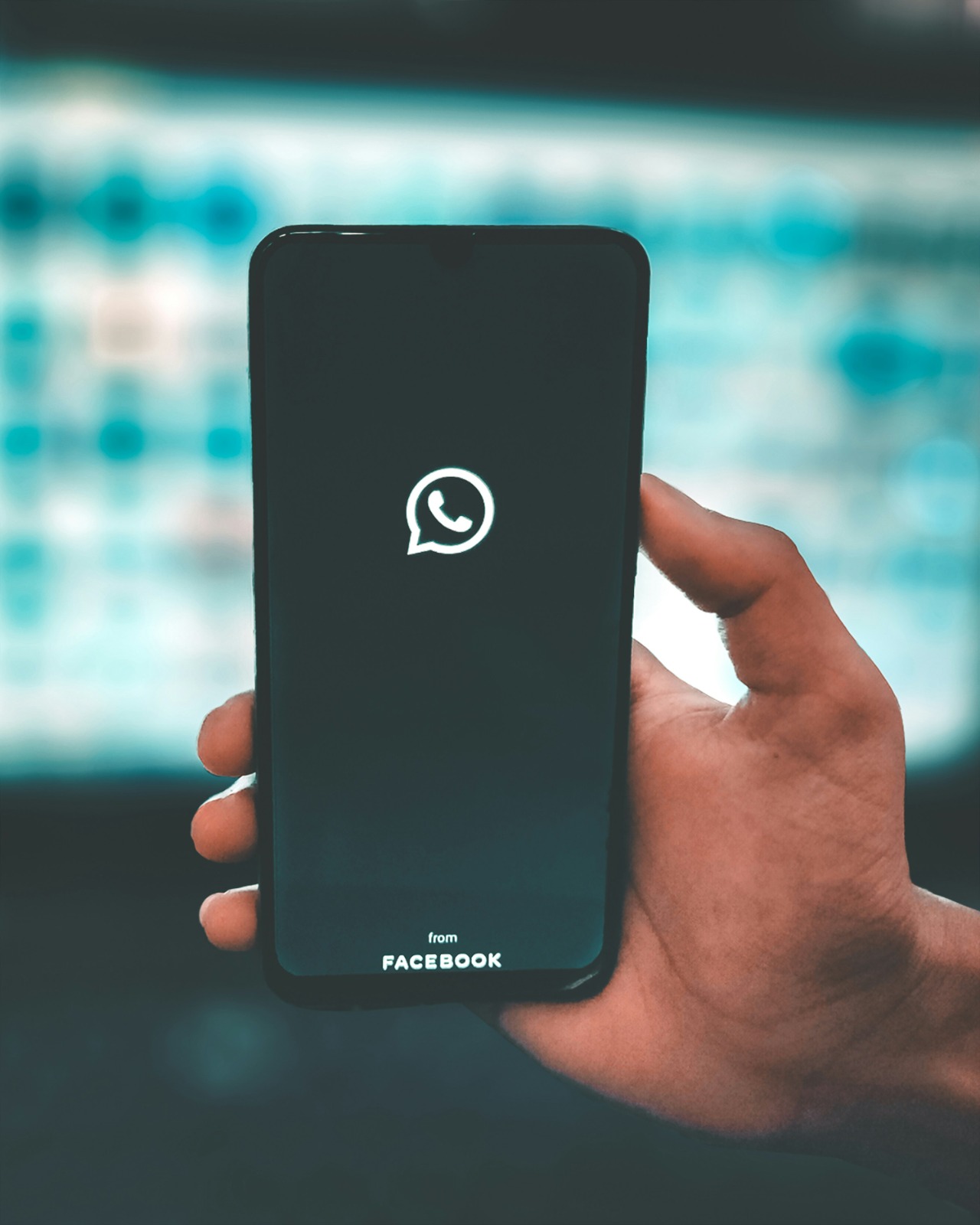
The initial display when the WhatsApp application is opened (credit: unsplash)
Understanding the causes of temporary blocking on WhatsApp is very important to prevent similar issues in the future. Here are some main reasons why WhatsApp might temporarily block your account:
One of the main causes of blocking is the use of modified or unofficial WhatsApp applications, such as WhatsApp GB, WhatsApp Plus, or WhatsApp Aero. These applications offer additional features not available in the official version, but their use violates WhatsApp's terms of service. WhatsApp actively detects and blocks accounts using these unofficial versions to protect the privacy and security of its users.
Sending the same message to many recipients in a short period can be considered spam by the WhatsApp system. This includes sending promotional messages, broadcasts, or chain messages to many contacts who do not have your number saved. WhatsApp has an algorithm that can detect unusual messaging patterns and can block accounts deemed to be spamming.
WhatsApp has terms of service that must be adhered to by its users. Violations of these terms can result in account blocking. Examples of violations include:
If your account is frequently reported by other users for being disruptive or engaging in inappropriate activities, WhatsApp may temporarily block your account for further investigation. This reporting system helps WhatsApp keep its user community safe and comfortable.
WhatsApp has a security system that can detect suspicious or unusual activity on an account. This may include:
Understanding these causes can help you avoid actions that may lead to account blocking. Always use WhatsApp according to the terms of service and avoid activities that may be considered suspicious or disruptive to other users.
If you find your WhatsApp account temporarily blocked, don’t panic. There are several steps you can take to address this situation and regain access to your account. Here is a step-by-step guide to dealing with temporary WhatsApp blocking:
The first and simplest step is to wait. Temporary blocks usually last for 24 to 48 hours. After this period ends, try reopening your WhatsApp application. In many cases, the account will automatically reactivate after the blocking period ends.
If you are using a modified or unofficial version of WhatsApp, the first step to take is to uninstall the application. Then, download and install the official version of WhatsApp from the Google Play Store (for Android) or the App Store (for iOS). Using the official application will reduce the risk of future bans.
Before proceeding further, make sure to back up your chat data if possible. This will help you recover your conversation history if needed later. To back up chats:
If the ban period has passed but your account is still inaccessible, or if you believe the ban occurred by mistake, you can contact the WhatsApp support team. The steps are:
In some cases, WhatsApp may ask you to re-verify your phone number. This can happen if the system detects unusual activity. To re-verify:
Once your account is active again, check and adjust your privacy settings to avoid future issues:
Make sure you are always using the latest version of the WhatsApp application. Updates often include security and stability fixes that can help prevent future issues.
By following these steps, you have a good chance of regaining access to your temporarily blocked WhatsApp account. Remember to always use the application according to the terms of service to avoid blocking in the future.
Preventing your WhatsApp account from being blocked is much easier than dealing with a block that has already occurred. Here are some important tips you can follow to avoid the risk of your WhatsApp account being blocked:
Always use the official WhatsApp application downloaded from the Google Play Store (for Android) or the App Store (for iOS). Avoid using modified or unofficial versions of WhatsApp such as WhatsApp GB or WhatsApp Plus. The official application ensures your security and privacy, as well as compliance with WhatsApp's policies.
Limit sending the same message to many contacts in a short time. If you need to send messages to many people, use the broadcast feature wisely and ensure that the recipients have saved your number. Avoid sending messages to numbers you do not know or that do not save your number.
Read and understand WhatsApp's terms of service. Avoid activities that violate these terms, such as:
Protect your WhatsApp account from unauthorized access:
If you use WhatsApp for business purposes or to message many customers, consider using WhatsApp Business. This app is specifically designed for business needs and has features that are more suitable for communication with customers.
Make sure your WhatsApp app is always updated to the latest version. Updates often include security fixes and new features that can help prevent issues.
Be careful when joining or managing WhatsApp groups:
Utilize WhatsApp's privacy settings to protect your information:
Do not use tools or automated bots to send messages or perform activities on WhatsApp. The use of such tools can be considered spam and may risk account blocking.
Always stay updated on WhatsApp's policies and updates. Follow the official blog or announcements from WhatsApp to learn about policy changes or new features that may affect your use of the app.
By following these tips, you can significantly reduce the risk of your WhatsApp account being temporarily blocked. Remember that WhatsApp is designed for secure and convenient communication, so use it wisely and responsibly.
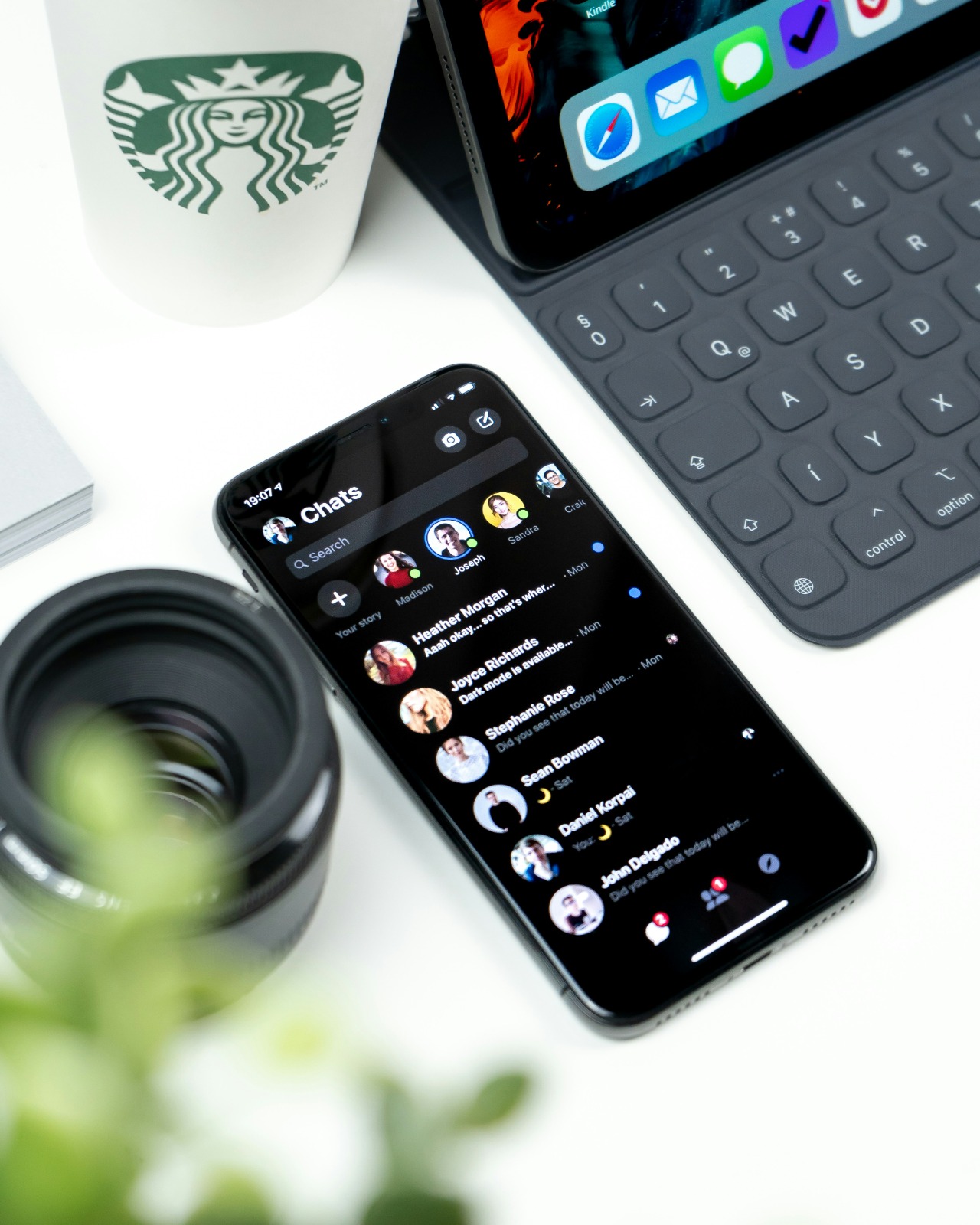
Display of the WhatsApp inbox (credit: unsplash)
Understanding the difference between temporary and permanent bans on WhatsApp is crucial for users. Both types of bans have different characteristics, impacts, and handling methods. Here is a detailed explanation of the differences between temporary and permanent bans:
Understanding these differences is important so that users can take appropriate action if they face a ban. For a temporary ban, users still have the opportunity to rectify the situation and avoid future bans. Meanwhile, permanent blocking should be avoided by strictly adhering to WhatsApp's terms of service.
Along with the popularity of WhatsApp, many myths and misunderstandings circulate about account blocking. Let's clarify some common myths and the actual facts:
Fact: WhatsApp does not block accounts randomly. Blocking is always based on violations of the terms of service or activities deemed suspicious by WhatsApp's security system.
Fact: Using a VPN does not guarantee prevention of blocking. In fact, excessive or suspicious use of a VPN can trigger account blocking.
Fact: Recovering a permanently blocked account is very difficult and in many cases impossible. WhatsApp takes its policies very seriously.
Fact: Changing phone numbers will not avoid blocking if the behavior that violates the terms of service continues.
Fact: WhatsApp uses end-to-end encryption and does not read users' private messages. Blocking is based on usage patterns and reports from other users.
Fact: No third-party app can unblock WhatsApp accounts. Only WhatsApp has the authority to do this.
Fact: Although many temporary blocks end within 24-48 hours, the duration can vary depending on the case and the level of violation.
Understanding these facts can help users be more prudent in using WhatsApp and avoid actions that could trigger account blocking. Always remember to use the application in accordance with the terms of service and to respect the privacy and security of other users.
Here are some frequently asked questions regarding WhatsApp blocking along with their answers:
No, your chat data will not be lost if the account is temporarily blocked. Once the blocking period ends, you will be able to access all your chats and media again.
A temporary block usually lasts between 24 to 48 hours. However, in some cases, the duration may be longer depending on the severity of the violation.
WhatsApp typically does not provide a warning before blocking an account. However, they may send a warning if they detect suspicious activity.
If your account is permanently blocked, you may not be able to use the same number to register for WhatsApp again. In this case, you will need to use a new number.
No, WhatsApp Business is subject to the same terms of service as regular WhatsApp. Using WhatsApp Business does not provide "immunity" against blocking.
You can report a suspicious account by opening the contact profile, scrolling down, and selecting the "Report Contact" option. Follow the instructions provided to complete the reporting process.
WhatsApp usually provides a general reason for blocking, but may not provide specific details to protect the integrity of their security system.
The best way to prevent unfair reporting is to use WhatsApp according to the terms of service and avoid behavior that may be considered disruptive or illegal.
No, blocking WhatsApp does not directly affect your Facebook or Instagram account, although all three are owned by the same company (Meta).
WhatsApp does not disclose a specific limit, but repeated temporary blocks may increase the risk of permanent banning.
Understanding the answers to these common questions can help users better understand WhatsApp's policies and the best ways to avoid account blocking issues.
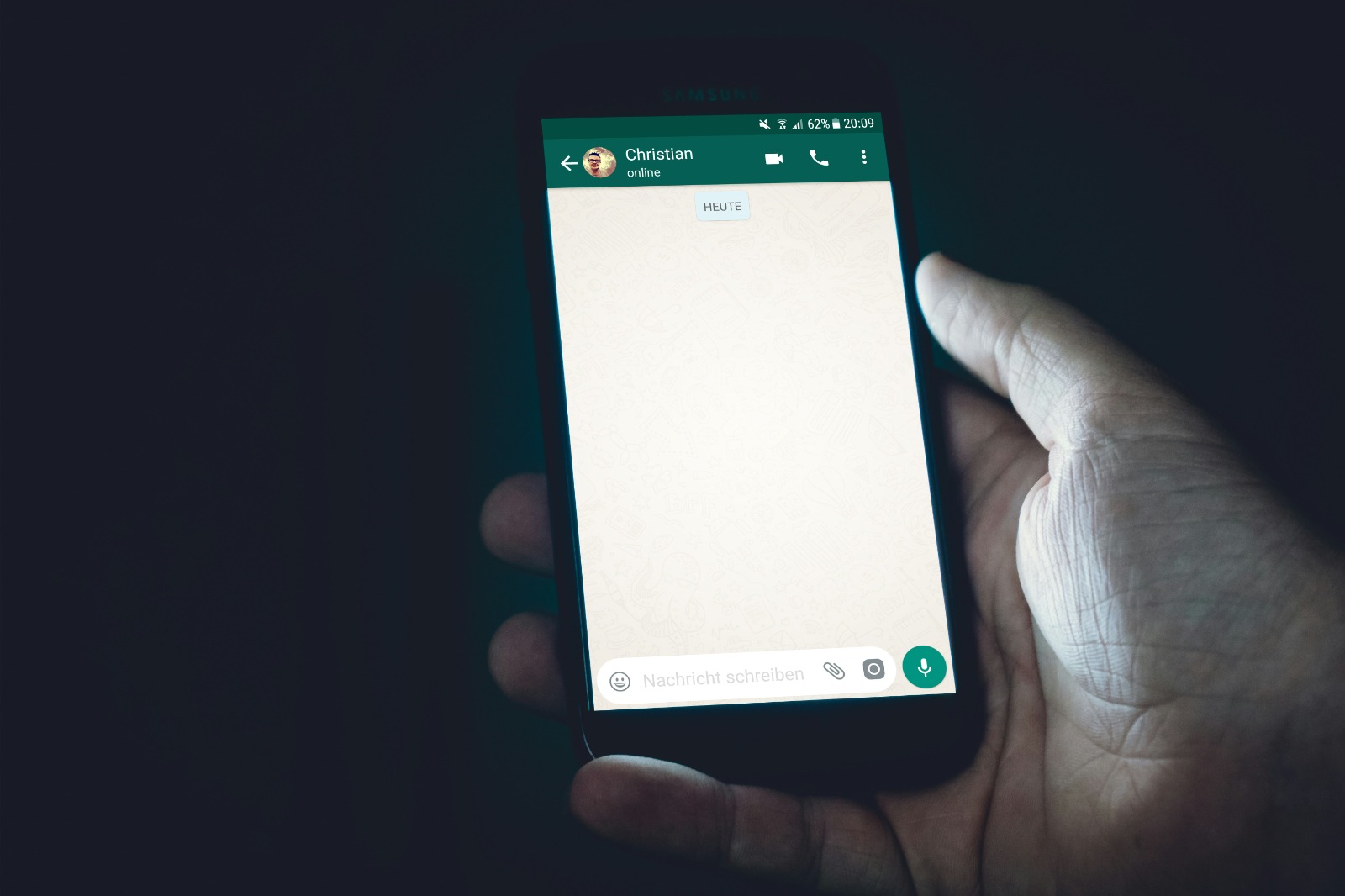
Display of WhatsApp chat feature (credit: unsplash)
If you experience a WhatsApp account ban, whether temporary or permanent, there are several steps you can try to recover your account. Here is a step-by-step guide for recovering a blocked WhatsApp account:
The first step is to determine whether your account is temporarily or permanently banned. A temporary ban is usually accompanied by a message stating the duration of the ban, while a permanent ban will provide a more definitive message about the account closure.
If your account is temporarily banned, the best approach is to wait until the ban period ends. Typically, this lasts for 24 to 48 hours. After this period, try reopening the WhatsApp application and check if you can access your account.
If you are using a modified or unofficial version of WhatsApp, immediately uninstall the application. The use of unofficial applications is one of the main reasons for account bans. Make sure to download and install the official version of WhatsApp from the Google Play Store or App Store.
Before taking further steps, ensure that you back up your important data. Although a temporary ban usually does not result in data loss, it's better to be safe. To back up:
After the ban period ends, WhatsApp may ask you to re-verify your phone number. This is a standard security step. Follow the instructions provided in the application to re-verify:
If the above steps do not work or if you believe the blocking occurred by mistake, you can contact the WhatsApp support team. Here's how to do it:
In some cases, WhatsApp may offer the option to request a review of your account block. If this option is available:
During the recovery process, reflect on your usage of WhatsApp. Identify behaviors or activities that may have triggered the blocking and commit to avoiding them in the future. This may include:
Make sure you are using the latest version of the WhatsApp application and your device's operating system. Updates often include security and stability fixes that can help prevent issues in the future:
If you are using WhatsApp for business purposes and often message many contacts, consider switching to WhatsApp Business. This application is specifically designed for business needs and may be more suitable for your usage patterns:
Remember that the account recovery process may take time and patience. Always follow the instructions provided by WhatsApp and avoid using third-party services or applications that promise quick account recovery, as this may further jeopardize your account's security.
The blocking of WhatsApp accounts, whether temporary or permanent, can have a significant impact on users' daily communication. Considering the important role of WhatsApp in modern life, losing access to this platform can lead to various consequences. Here are some of the main impacts that may be felt:
One of the most immediate effects of WhatsApp blocking is the interruption of personal communication. Many people rely on WhatsApp as their primary means of communicating with family, friends, and colleagues. When an account is blocked, users lose access to:
This can lead to discomfort and even anxiety, especially if WhatsApp is the main communication channel with loved ones.
For many professionals, WhatsApp has become an essential tool for business communication. Account blocking can disrupt:
This can negatively impact productivity and work efficiency, especially in work environments that heavily rely on digital communication.
WhatsApp is often used as a platform for sharing important information, including:
Loss of access to this information can cause users to miss important news or even face potentially harmful situations.
In the digital age, where many social interactions take place through platforms like WhatsApp, account blocking can lead to feelings of social isolation. Users may feel:
This can negatively affect users' emotional and mental well-being, especially if the blocking lasts for a long time.
For many people, WhatsApp has become an integral part of their daily routines. Account blocking can disrupt:
Sudden changes in this routine can cause discomfort and require adjustments in daily communication methods.
An increasing number of services and businesses are integrating WhatsApp into their operations. Account blocking can lead to difficulties in:
This can disrupt user access to various services that have been integrated into their digital lives.
When a WhatsApp account is blocked, users may be forced to switch to alternative communication platforms. However, this can pose challenges such as:
This transition process can take time and effort, especially if the user has a large network of contacts on WhatsApp.
In addition to practical impacts, blocking a WhatsApp account can also have psychological effects on users, including:
The psychological effects can vary depending on how dependent users are on WhatsApp in their daily lives.
For some users, especially those using WhatsApp for business or professional purposes, account blocking can lead to financial losses:
The financial impact can be significant, especially for small businesses or freelancers who heavily rely on WhatsApp for their operations.
After experiencing a block, users may face challenges in restoring their trust and credibility:
The process of restoring trust can take time and require clear and consistent communication with the user’s contact network.
When your WhatsApp account is blocked, it is important to have alternative communication methods that can be used. Here are some platforms and applications that can serve as temporary or permanent substitutes for WhatsApp:
Telegram is one of the most popular alternatives to WhatsApp. This application offers similar features and even more advanced ones in some aspects:
Telegram also has a powerful desktop version, allowing seamless synchronization between mobile devices and computers.
Signal is an excellent choice for those who prioritize privacy and security. This application is known for:
Signal is often recommended by security experts and privacy activists.
Line is very popular in several Asian countries and offers a variety of interesting features:
Line also offers a desktop version that makes it easy to use on computers.
Viber is a communication platform that offers features similar to WhatsApp with several additional advantages:
Viber also offers business features that can be useful for professional communication.
Although associated with Facebook, Messenger can be used independently and offers several advantages:
Messenger also has a “Lite” version that is lighter for devices with low specifications or slow internet connections.
Skype, now owned by Microsoft, remains a solid choice for communication, especially for video calls and conferences:
Skype is often used for business communication and remote education.
Although originally designed for gaming communities, Discord has evolved into a versatile communication platform:
Discord is great for online communities and team collaboration.
For Android users, Google Messages can be a good alternative, especially with RCS (Rich Communication Services) support:
Google Messages is becoming increasingly popular as RCS adoption widens.
WeChat is very popular in China and offers a comprehensive ecosystem:
Although its use is more limited outside of China, WeChat remains a strong choice for international communication with contacts in China.
Element is a client for the Matrix network, offering a different approach to decentralized communication:
Element is a good choice for those looking for a more open and customizable alternative.

Someone using the WhatsApp chat feature (credit: unsplash)
Account blocking on WhatsApp, whether temporary or permanent, can be a frustrating and potentially detrimental experience. However, with a good understanding of the causes, ways to address it, and preventive measures, users can minimize the risk of facing this situation. It is important to always use WhatsApp in accordance with the terms of service, avoid using unofficial applications, and be cautious in usage patterns to avoid activities that may be considered suspicious by WhatsApp's security system.
If blocking occurs, remember to stay calm and follow the recommended recovery steps. In many cases, temporary blocking can be resolved by waiting for the specified period and adhering to usage guidelines. For more serious cases, do not hesitate to contact WhatsApp support and apply for a review if necessary.
As a precautionary step, consider having an alternative communication platform ready to use. This will help you stay connected with important contacts if there are issues with your WhatsApp account. Finally, always remember that security and privacy are a shared responsibility between users and service providers. By using WhatsApp wisely and responsibly, you can enjoy the benefits of this platform while minimizing the risk of blocking or other security issues.
Find interesting and useful reviews at kapanlagi.com. If not now, when?
(kpl/psp)
Cobain For You Page (FYP) Yang kamu suka ada di sini,
lihat isinya
This article will discuss in depth how to create a WhatsApp account, from the installation process to optimizing its use.
This article will discuss in depth various methods and techniques to protect your WhatsApp message privacy.
If you want to know how to easily check your Spotify Premium account, this article will provide a complete guide. The checking process does not take long and can be done directly from the app or website.
This article will discuss in depth how to change your Instagram theme to maximize the comfort and aesthetics of your account.
Express your love and gratitude to your best friend with the beautiful words below.
If you are looking for a way to find out your forgotten Instagram password, this article will provide a complete guide.
This article will delve deeply into how to easily and quickly convert YouTube videos to text, as well as various benefits and applications.
Here are 350 self-empowerment quotes that can help you stay optimistic and enthusiastic in facing various life challenges.
Here is a collection of 350 words from Naruto that are full of inspiration and motivation.
Here is a collection of 350 inspirational quotes from various characters in the Naruto series that can motivate and inspire our lives.
Here is a collection of 350 words for your crush that can inspire you to express your feelings.
Here is a collection of 350 words of longing for someone that can represent your feelings of longing.